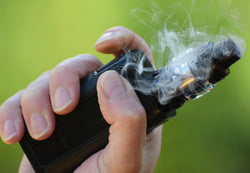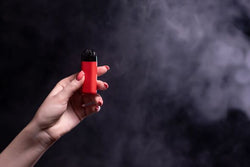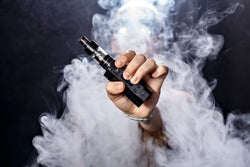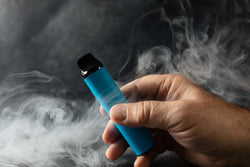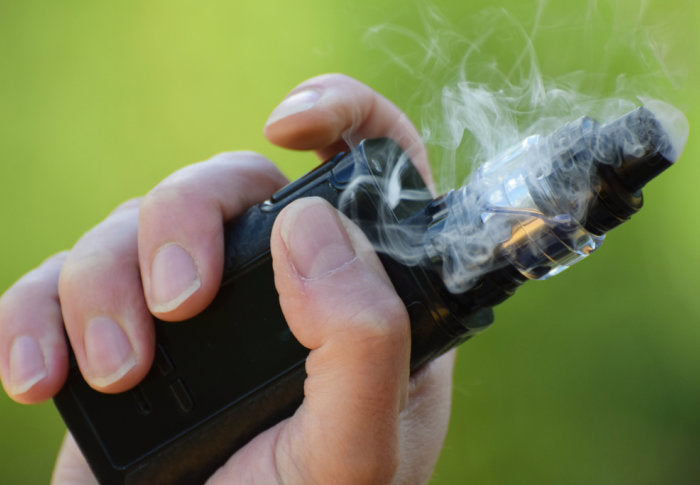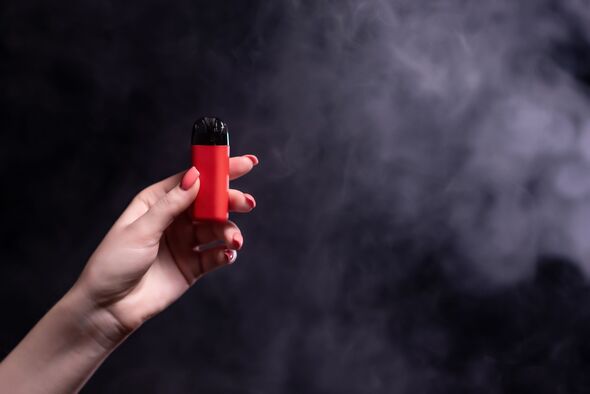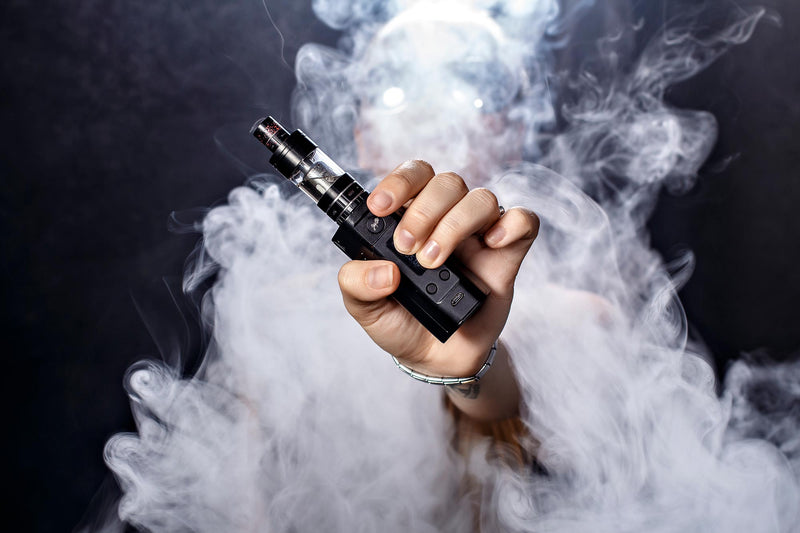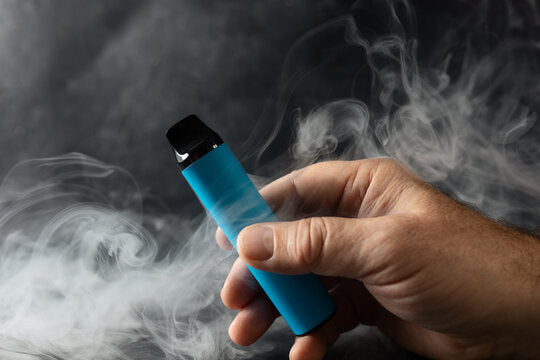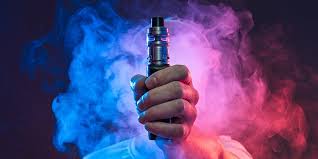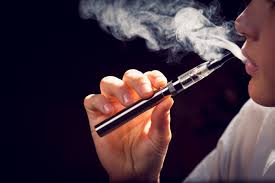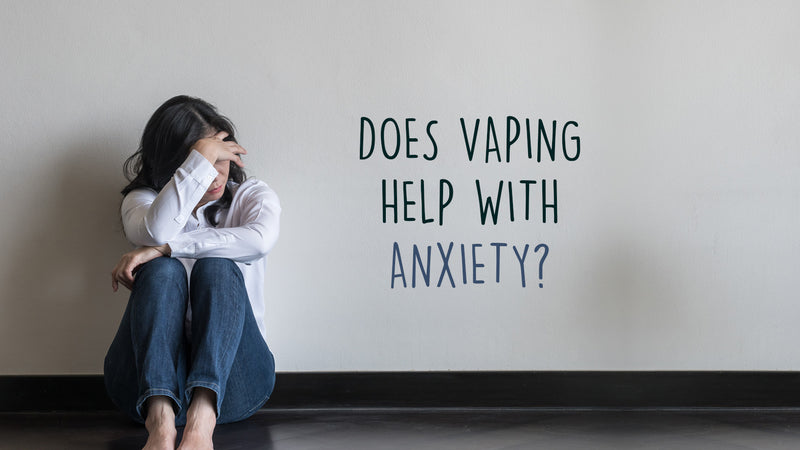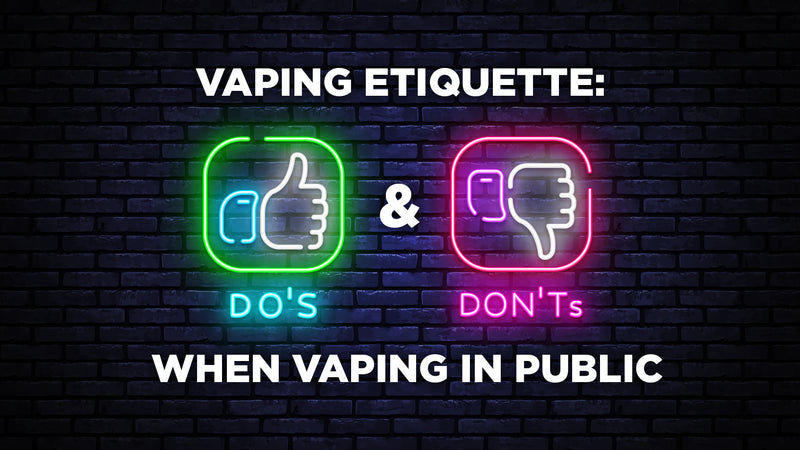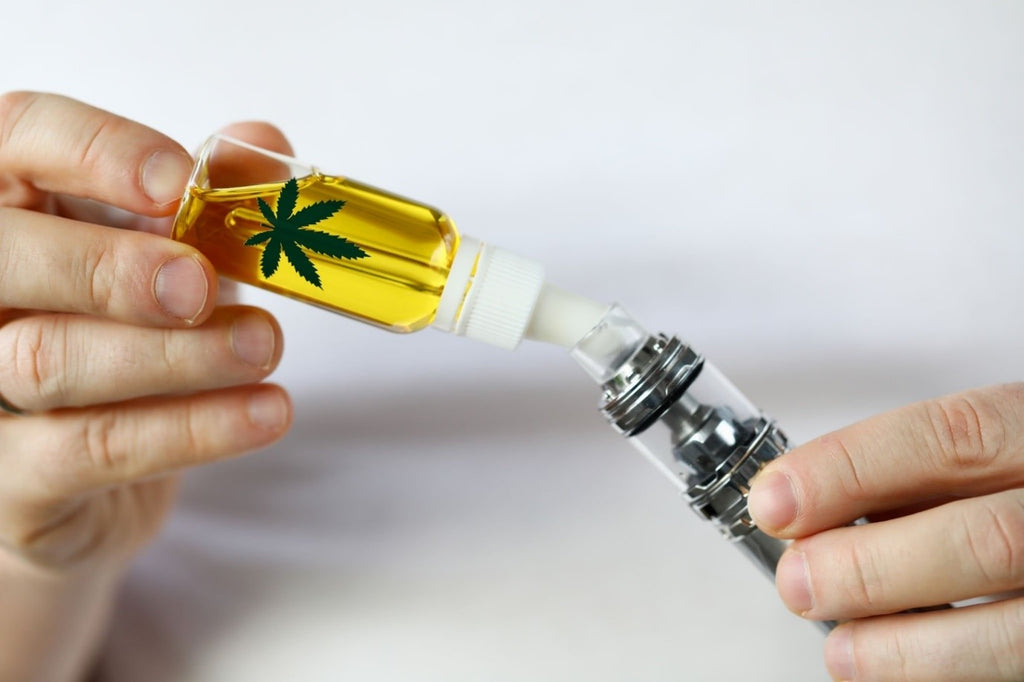

What Is CBD Vaping?
The term "vaping," which is short for "vaporising," refers to a cannabis ingestion technique in which users simulate smoking with a battery-operated gadget. The apparatus warms the liquid CBD or cannabis to create a vapour that the user inhales into their lungs, where it is promptly absorbed into the bloodstream.
How does consuming CBD make you feel?
Undoubtedly, feeling relaxed is what users of CBD most frequently describe. Both physical pains and emotional tension and anxiety can seem to diminish. It helps you get rid of the agitated emotions and ominous ideas you had prior to smoking CBD. Additionally, it makes your sleep better since it interacts with your body's ECS, which controls your sleep. Getting a good night's sleep is always important for overall health, and CBD vapes can help you do that. You can do this at night to assist you get rid of worry and bad thoughts. increases your mood as a result.
Additionally, CBD vapes assist you in overcoming despair and anxiety, two typical issues in today's society. When this sickness is at its worst, panic attacks may even result. Therefore, the knowledge that CBD can lessen anxiety symptoms is wonderful news. Because the CBD vapes have an immediate impact on the bloodstream through the lungs, they will reduce anxiety and depression more quickly.
Since CBD has been shown to have an anti-inflammatory impact, this may help explain some of the positive subjective experiences that CBD users frequently report. Typically, CBD extracts have a THC content of less than 0.3%. In contrast, CBD flower, a variety of hemp developed to concentrate CBD and reduce THC, can nonetheless have a significant amount of the more intoxicating substance to cause a noticeable euphoric high. Users who don't want to get drunk should be cautious about the CBD products they use.

The majority of CBD consumers experience the following outcomes:
- Repose or serenity
- Lessening of stress and anxiety
- Mood improvement
- Comfort
- Pain management
- Drowsiness (in high doses)
- Attention (in low doses)
The psychoactivity of cannabinoids relies on whether THC is present. THC is a narcotic that makes users feel drunk and high. It causes true euphoria and changes how people perceive time and space, whereas CBD just encourages feelings of relaxation and peace. Hemp-derived CBD oil usually doesn't include enough THC to make you feel high, but it can give you a powerful sensation of peace without the unease, paranoia, or other negative affects that people receive from marijuana. Actually, a lot of people utilise CBD for this reason. Many consumers take CBD oil expressly for anxiety.
However, it appears that the majority of the psychoactive effects are also being felt by those who vape CBD-rich hemp flowers, high-CBD marijuana flowers, or both. This may be because the THC content of this flower is far higher than that of other CBD products.
There is a catch, though: how it is consumed determines how quickly and strongly these effects occur. CBD vape oil has quicker effects. Even though the effects will eventually be similar in general, a CBD oil tincture or an edible will take longer to work and probably need more CBD content. Additionally, dosage affects how vaping CBD will feel. A low amount, for example, may make you feel alert, whilst a really high dose may make you feel tired. Getting the most out of your CBD vaping experience requires that you know what is suitable for you. Always refer to the dose instructions while taking into account your tolerance and experience.
One other thing to keep in mind is that CBD exits your body more quickly the faster you ingest and process it. The fastest way to experience CBD's effects and for it to leave your body is by vaping. Foods and other items that go through the liver and digestive system stay in your body for a longer period of time.
How to consume CBD
There are numerous ways to take CBD, each with a different bioavailability and absorption rate. More of the CBD product is absorbed when it is vaped or smoked because it crosses the blood-brain barrier and enters the bloodstream more quickly than other methods.

Allowing CBD to flow via the mouth's mucosal membranes is a little slower but still effective and manageable approach to consume it. In actuality, this is placing a small amount of CBD tincture beneath your tongue and maintaining it there as long as you can. This form of sublingual dosing doesn't take effect as quickly as smoking or vaping, but it still happens quite quickly.
The method with the slowest onset is consuming CBD orally in the form of capsules or edibles.
What Are CBD Vaping's Health Advantages?
Although vaping is less dangerous than smoking, that doesn't mean it is risk-free. CBD vaping provides more benefits than drawbacks. Since CBD vape is the most bioavailable form of the drug, it works quickly, tastes amazing, and uses real cannabis. Additionally, vape offers flavours that everybody may enjoy. Additionally, they come in a variety of dosages, so each has a unique strength.

Scientific evidence points to the vast variety of therapeutic benefits of CBD. Here are some of the advantages and possible advantages that CBD may have for a number of illnesses, according to studies.
Disorders of epilepsy and seizures
Rodent convulsions were actively decreased or prevented by CBD as early as 1973, according to research, which was later validated by additional experiments. Later studies found that patients with epilepsy who took 200–300 mg of CBD daily experienced fewer seizures.
Epidiolex, a CBD-based medication, received FDA approval in June 2018 to treat patients two and older who suffer from Dravet and Lennox-Gastaut syndromes. The first medication with a refined cannabis-derived ingredient to receive FDA approval is Epidiolex. Epidiolex was taken off the list of banned substances by the Drug Enforcement Administration in April 2020, making it considerably simpler for medical professionals to recommend it to people who have epilepsy.
Insomnia
Drowsiness is one of the most frequent side effects of CBD oil vaping, especially when used in greater amounts. The effects of CBD on sleep were originally observed in an early 1970s animal study. When taken in a dose of roughly 160 mg, CBD has been shown to lengthen sleep in people with insomnia. At far greater doses, a comparable impact was seen in patients who did not have insomnia. Instead of making people drowsy when used in small amounts, CBD may increase alertness.
Anxiety
Numerous studies have demonstrated that CBD can successfully treat anxiety. Advanced brain imaging studies have validated CBD's ability to reduce anxiety. Cannabidiol's mood-regulating properties may possibly be utilised to treat depression. Researchers think CBD may be able to treat PTSD and OCD in addition to other anxiety disorders.
Psychosis
A 1982 study found that CBD seems to reduce the psychotic symptoms brought on by THC. In the same year, another study offered a number of brain mechanisms by which CBD might cure psychosis. Researchers think CBD can be used to treat psychiatric conditions like depression.
Heart condition
During prolonged myocardial ischemia and reperfusion, CBD has a "tissue sparing effect," which is cardioprotective. British researchers have also demonstrated that cannabidiol, when administered before ischemias, decreased the number of ischemia-induced arrhythmias in rats. The results of this study may be helpful to those with cardiovascular disease.
Diabetes
According to Israeli researchers, type 2 diabetes may benefit from CBD's anti-inflammatory effects. Treatment of chronic inflammation with CBD may enhance metabolism and prevent diabetes since persistent inflammation can promote insulin resistance. The molecule may be utilised to treat various disorders brought on by or made worse by chronic inflammation, according to the scientists, who also think that CBD's effects in the body can be changed to act on different receptors.
Negative consequences of chemotherapy
Long recognised as a remedy for nausea brought on by cancer treatment, THC. Since 1985, the synthetic THC medication Marinol has been authorised for that use, and chemotherapy-treated cancer patients frequently receive prescriptions for THC in a variety of forms. However, CBD might be just as useful for treating nausea.
Serotonin, one of the neurotransmitters involved in inducing nausea, is released when CBD interacts with receptors. CBD can assist in easing nausea symptoms in low dosages. Early animal research suggest that CBDA, an acidic version of CBD, may be an even more potent anti-nausea medication than CBD or THC.
Actions that are neuroprotective and anti-oxidative
Unrelated to cannabinoid receptors, CBD seems to have antioxidant and neuroprotective properties. In 1998, the National Institute of Neurological Diseases and Stroke published a research that concluded CBD "may be a potentially beneficial therapeutic agent for the treatment of oxidative neurological disorders such as cerebral ischemia"—a rare government funded study on a Schedule 1 substance (an artery blockage that can lead to strokes). Additionally, CBD has potential as a treatment for neurological conditions like Parkinson's.
Aids in Smoking Cessation
Many people may switch from smoking to vaping CBD because it has no nicotine. Exciting research is being done that suggests utilising CBD vape juice can genuinely help people who want to stop smoking. The study, carried out by NBCI in the US, has demonstrated that those who utilise CBD vaping as a means to stop smoking experience fewer withdrawal symptoms when cutting back on their cigarette use. Nicotine is addictive because it causes your brain to release dopamine, the hormone that makes you feel happy. Because your body needs to feel good in order to feel "normal," nicotine abuse makes you believe that you can only feel good when you are smoking. This leads to addiction. Contrarily, CBD vape juice is claimed to reverse these emotions and let your body know that you don't need nicotine to feel normal.
Side effects of CBD vapes
Although CBD vaping has numerous advantages, you need also be aware of its drawbacks. Most of the time, it has no negative effects, but occasionally, especially in new users, it manifests a few small side effects. Like,
- Mouth dry
- Minor tiredness or sleepiness
- Mild nausea and diarrhoea
- Vaping frequently can impair immunity


